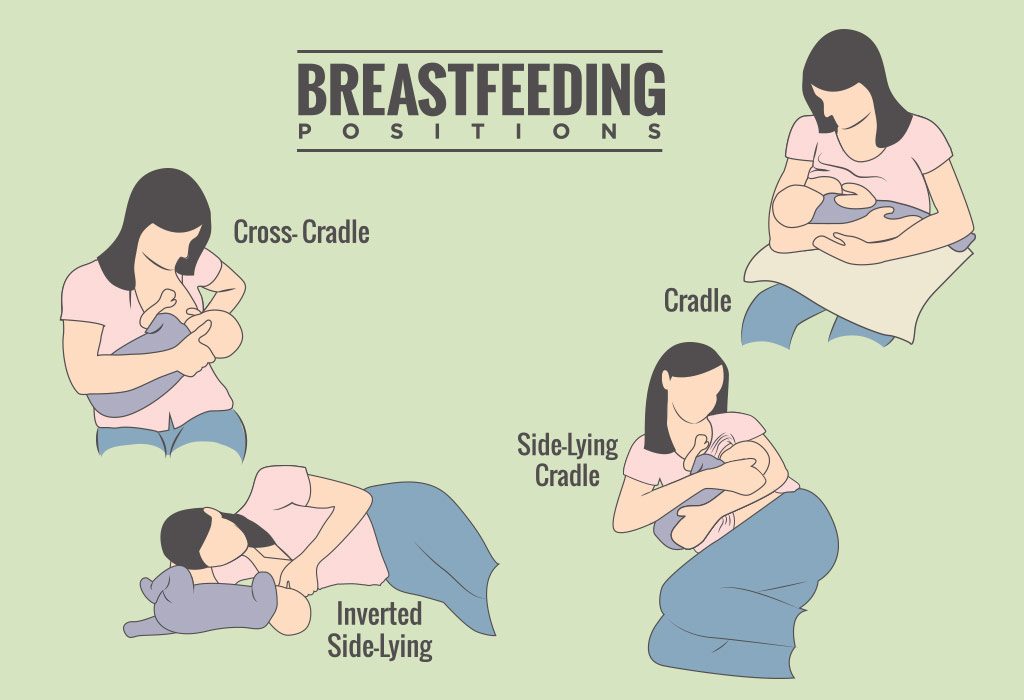Congratulations on your pregnancy! As you embark on the exciting journey to motherhood, one of the crucial decisions you’ll make is choosing the best approach for childbirth. Two common options are a medicated delivery in a hospital setting or a home delivery, each offering unique benefits and considerations. In this comprehensive guide, we will explore both choices, providing insights into the advantages, considerations, and how to prepare for a positive birthing experience tailored to your preferences.
Understanding Medicated Childbirth:
Medicated childbirth involves the use of pain-relieving medications to manage discomfort during labor. These medications are typically administered in a hospital setting, and the most common form is an epidural—an injection into the epidural space of the spine to numb the lower half of the body.
Benefits of Medicated Childbirth:
- Pain Relief:
- The primary benefit of a medicated delivery is pain relief. Epidurals and other pain-relieving medications can significantly reduce the intensity of contractions, providing comfort during labor.
- Flexibility in Timing:
- Medicated childbirth allows for flexibility in the timing of pain relief. The decision to use pain medications can be made during labor, allowing for adjustments based on individual comfort levels and preferences.
- Increased Energy Preservation:
- Since pain is managed effectively, individuals undergoing a medicated childbirth may conserve energy, which can be particularly beneficial during prolonged labors.
- Facilitates Relaxation:
- Pain relief often promotes a sense of relaxation, which can positively impact the overall birthing experience. A relaxed state can contribute to a smoother progression of labor.
- Accessibility to Medical Interventions:
- Being in a hospital setting for a medicated delivery provides immediate access to medical interventions if needed. This includes interventions such as assisted delivery methods or emergency cesarean sections.
Considerations for Medicated Childbirth:
- Effect on Mobility:
- Medications, particularly epidurals, can affect mobility. While pain relief is achieved, some individuals may experience limitations in movement or sensation in the lower body.
- Monitoring and Intervention:
- Continuous monitoring of the baby’s heart rate is often required during medicated childbirth. In some cases, medical interventions such as the use of forceps or vacuum extraction may be more likely.
- Potential Side Effects:
- Pain-relieving medications may have side effects, including nausea, itching, and a drop in blood pressure. Your healthcare provider will monitor and address any side effects that may arise.
- Extended Labor in Some Cases:
- In certain situations, the use of pain medications can lead to a longer duration of labor. This may be due to the impact of medications on the body’s natural progression.
- Initial Breastfeeding Challenges:
- Some research suggests that the use of certain pain medications, especially opioids, may be associated with initial breastfeeding challenges. Discuss these concerns with your healthcare provider.
Exploring the Option of Home Delivery:
Home delivery, also known as a home birth, is an option for those who choose to give birth in the comfort of their own homes, facilitated by a certified midwife, a trained home birth midwife, or a qualified healthcare provider.
Benefits of Home Delivery:
- Familiar Environment:
- Giving birth at home allows you to be in a familiar and comfortable environment. This can contribute to a sense of relaxation and reduce stress during labor.
- Personalized Care:
- Home births often involve a more personalized and intimate approach to care. The midwife or healthcare provider works closely with the birthing individual, providing one-on-one attention and support.
- Reduced Intervention Rates:
- Studies have shown that home births may be associated with lower rates of medical interventions, such as episiotomies and cesarean sections. This is often attributed to the natural progression of labor in a familiar setting.
- Family Involvement:
- Home births can facilitate the active involvement of family members, including partners, children, or other loved ones. This creates a family-centered atmosphere during the birthing process.
- Quicker Recovery in Familiar Surroundings:
- After giving birth at home, you remain in your own space, which can contribute to a quicker and more comfortable recovery. You’re surrounded by the familiar sights, sounds, and comforts of home.
Considerations for Home Delivery:
- Appropriate Candidate:
- Not all pregnancies are suitable for home delivery. Low-risk pregnancies without complications are generally considered more appropriate for this option. Discuss your candidacy for a home birth with your healthcare provider.
- Emergency Preparedness:
- While complications are rare, it’s essential to have a well-prepared plan for emergencies. This includes access to emergency services, transportation to a hospital if needed, and communication with healthcare providers.
- Qualified Healthcare Provider:
- Choose a qualified and experienced healthcare provider, such as a certified midwife or home birth midwife, who is licensed to attend home births. Ensure that they have the necessary equipment and skills for a safe delivery.
- Clear Communication with Birth Team:
- Open communication with your birth team is vital. Discuss your preferences, create a birth plan, and ensure that everyone involved is aware of your wishes and expectations for the home birth.
- Postpartum Support:
- Plan for postpartum support, including follow-up visits from your healthcare provider and access to lactation support if you choose to breastfeed. Postpartum care is crucial for both you and your newborn.
Educational Resources and Support:
- Childbirth Education Classes:
- Enroll in childbirth education classes that provide information on both medicated and home deliveries. Understanding the options, benefits, and considerations will empower you to make informed decisions.
- Doula Support:
- Consider hiring a doula to provide additional support during labor and childbirth, irrespective of the chosen delivery option. Doulas are trained professionals who offer emotional, physical, and informational support.
- Reading and Research:
- Educate yourself by reading books, articles, and research studies related to both medicated and home deliveries. Knowledge is a powerful tool, and being well-informed can help you make confident decisions.
Conclusion: Making Informed Choices for Your Birth Experience
In conclusion, the decision between a medicated childbirth and a home delivery is a personal one that should align with your preferences, values, and comfort levels. Each option comes with its unique set of benefits and considerations, and understanding them thoroughly will help you make informed choices.
Remember that your healthcare provider is your best resource for personalized advice based on your specific needs and health history. Whether you choose a medicated childbirth in a hospital setting or a home delivery, surround yourself with a supportive birth team, engage in educational preparation, and embrace the uniqueness of your birthing experience.
Congratulations on this exciting chapter of your life, and may your journey to motherhood be filled with strength, joy, and the fulfillment of your chosen birthing preferences.










